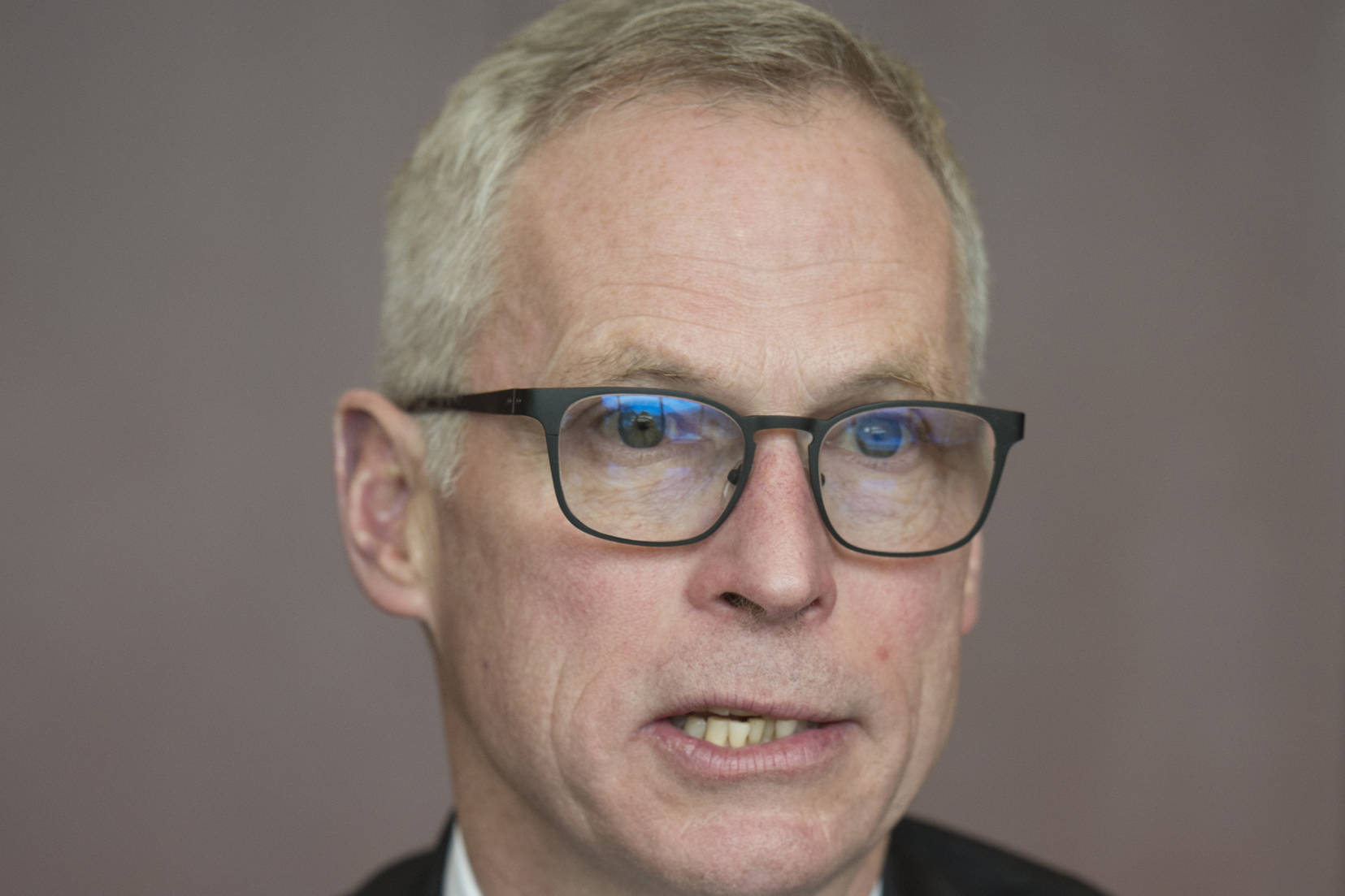In this austere budget environment, and after intense scrutiny, the Legislature passed a budget that includes a reasonable $5 million general fund reduction for the University of Alaska. In the next few days, the governor will decide whether the state will continue its investment in the university — allowing Alaskans of all ages to carry on, uninterrupted, with their vocational, continuing or higher education — or veto a large portion of the UA budget.
Make no mistake, the university cannot absorb an additional, substantial reduction in state general funds without abruptly halting numerous student career pathways mid-stream, eliminating services, or shutting down community campuses or universities. An additional reduction of even $10 million — on top of the $51 million in cuts we’ve already taken — will mean the discontinuation of programs and services with little or no notice, and that in turn will have ripple effects, damaging UA’s ability to generate revenue and causing even greater harm across the state.
[With state government shutdown looming, university preparing for late, reduced budget]
Severe reductions in state Undesignated General Fund (UGF) as originally proposed by the governor would require closure of hundreds of programs and affect thousands of students. To provide context for such a reduction, $134 million is nearly the equivalent of the total UGF budget for UAA and UAS combined. At that level we may need to cut whole programs or close one or more of our universities, UAA, UAF or UAS.
But a university system is not like a typical corporation or factory; it needs a critical mass of faculty with different specialties to provide a quality education. Eliminating whole programs to reduce costs does not eliminate our responsibility to affected students. We are obligated to complete their programs, which carries costs that delay any immediate savings.
The university’s total budget this year is comprised of $327 million from the state (about 40 percent). The remainder comes from tuition and fees paid by our students, research grants and contracts, proceeds from land development, and private donations. However, those private revenue sources will inevitably be harmed if general fund support is reduced.
Prior cuts have had the effect of reducing opportunities for our students and services to our communities, while increasing tuition. The cumulative reduction in the university’s budget of $195 million over the last five years has resulted in significant reductions in administrative staff and services, to the point that further reductions will compromise UA’s ability to meet its many obligations. Indeed, the university’s statewide administration, which provides consolidated support services, has taken a 37 percent cut over the last several years, almost triple the average cut across the university system.
[University officials to consider having one University of Alaska, not three]
Still, the university remains a highly accessible and affordable path to an excellent education and the opportunities that only education can provide in the workplace. However, that will not continue with further substantial reductions.
We have had numerous meetings with the governor and his team, demonstrating how the university has focused its mission, reduced costs, increased private fundraising, developed strategic plans with measurable goals, created a task force to look at the university’s structure, and developed an exciting vision for how the university enables Alaskans to create a strong and sustainable future for our state.
The governor was receptive, and I think impressed with the work that’s been accomplished by the university. However, he may feel compelled to follow through with his original proposal to reduce the university’s appropriation.
As a result, if the governor vetoes a substantial amount, I ask that you contact your legislator to request that he or she consider overriding that veto. The educational investments and opportunities for thousands of Alaskans will depend on it.
• Jim Johnsen is the president of the University of Alaska.

